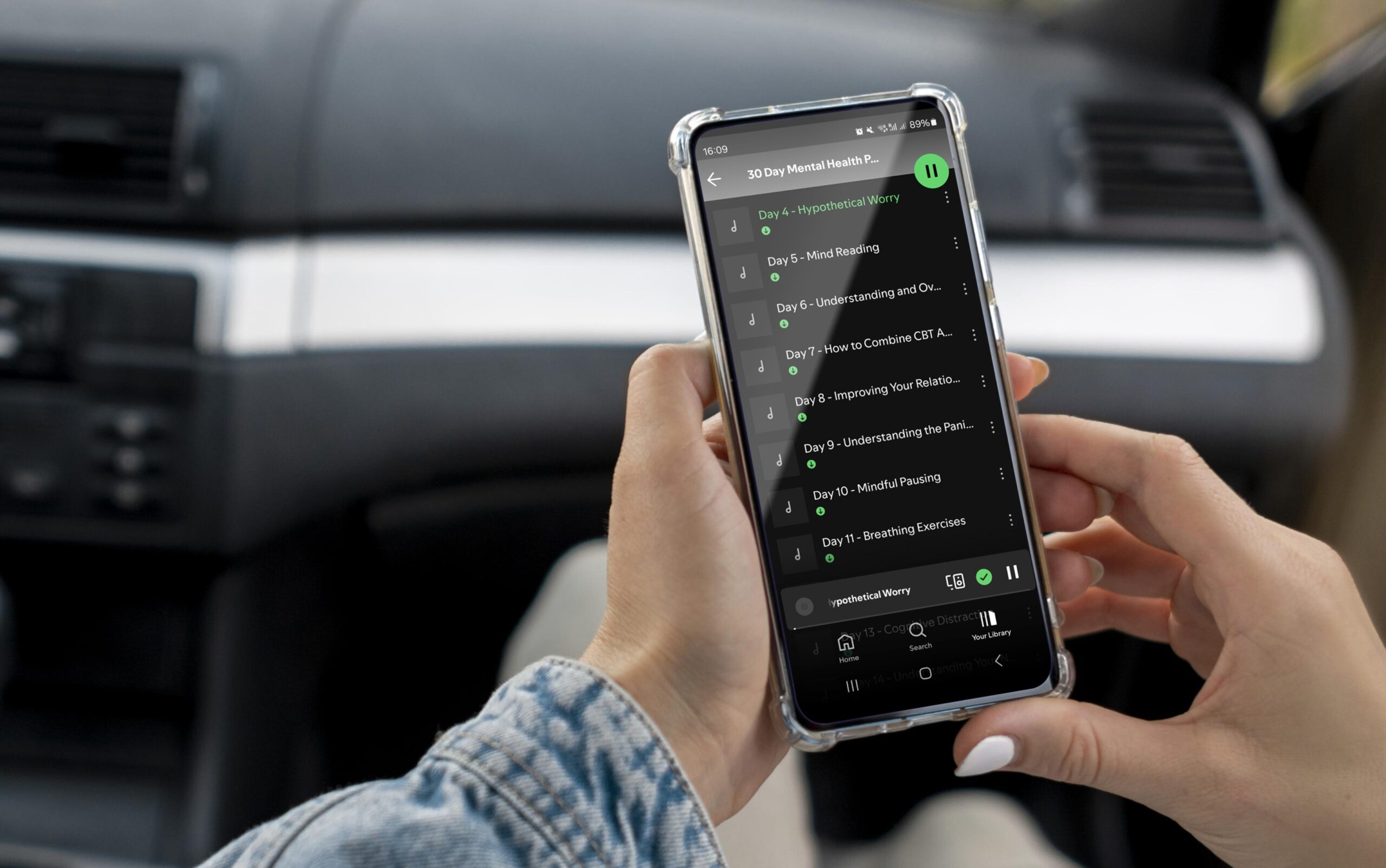What is Splitting?
People who split see other people as being either good or evil.
In “therapist” terms, this is called idealization or devaluation.
Some people who split will go back and forth between idolizing and shunning the very same person. Others will divide each individual into one of two categories: “good” or “bad.”
The term “splitting” is closely associated with the diagnosis of Borderline Personality Disorder (BPD), but not everyone who experiences splitting has this diagnosis.
Splitting as a Cognitive Distortion
A cognitive distortion occurs when our thoughts warp our perception of the world. We all have cognitive distortions from time to time.
So, what makes splitting a distortion? Well, splitting assumes that others are good or evil. Placing people in one category or the other is an oversimplification. The reality is, all human beings are capable of good and evil acts, and fall somewhere on a spectrum of morality.
Splitting is also referred to as "black and white" or "all or nothing" thinking.
Here's some cognitive distortion language to look out for:
- Good/bad
- Right/wrong
- Fair/unfair
- Always/never
- Everyone/no one
- Success/failure
While this way of interpreting the world gives you a stronger sense of certainty, it ignores the shades of grey that accurately portray the complexity of reality.
This thinking pattern also has the tendency to take you on an emotional rollercoaster, easily hijacking your mood if it's not detected early. A qualified therapist can help you recognize and reframe these distortions, fostering a more balanced and realistic perspective.
7 Common Splitting Behaviors
- Quickly passing judgment on others before really getting to know them
- Treating those you idealize as special or powerful
- Craving excessive attention from idealized people. This can take the form of contacting someone frequently and/or seeking reassurance from them. “We’re still best friends though, right? And you still love me?”
- Having anger outbursts or giving the silent treatment when people don’t give you what you want
- Impulsively cutting people out of your life
- Plotting ways to “get revenge” on devalued others
- Expecting others to “choose sides” and maybe even help you “get revenge.” If they refuse, you question whether you can trust them, and maybe even categorize them as evil, too.
Why Does Splitting Occur?
Splitting often occurs as a protective mechanism. People who split may be unconsciously over-protecting themselves after traumatic experiences with abusive or harmful people. Splitting could also be a way to avoid feeling abandoned or rejected.
Splitting is often a part of the culture of restrictive, insular, or abusive environments. For example, a cult leader may tell followers that all those outside the cult are evil sinners, to manipulate followers into becoming more dependent on the cult.
Folks who spent years in insular or abusive environments may not even realize there is another way to see people.
How to Deal with Splitting Behavior in Yourself
- Seek Therapy
A therapist can provide kind, objective feedback about splitting behaviors in a way that friends and family may not be able to.
A Dialectical Behavior Therapy program may be a great adjunct to individual therapy services.
- Recognize the Impulse to Harm Devalued People or Cut Them Out of Your Life
When you notice this impulse, what are you experiencing in your body?
What emotions are you feeling? Name them.
Put off cutting someone out or harming them until you've taken some time to cope with your own feelings. You might find our article on four ways to deal with physical anxiety helpful. Once you've taken action to manage your emotions, revisit whether these actions are still necessary.
- By the Same Token, Recognize the Impulse to Seek Excessive Validation From Idealized People
When you notice this impulse, what are you experiencing in your body?
What emotions are you feeling? Name them.
Delay contacting them until you have taken some time to cope with your own feelings. Then, check with yourself to see if you still want to.
- Develop Coping Mechanisms
Instead of seeking reassurance from or punishing others, explore which coping skills work for you. Here are some ideas:
- Use therapy techniques for managing your thoughts and emotions, as outlined in The Mental Wellbeing Toolkit.
- Make a recording of all the kind things you want to hear from others and play it for yourself when you need reassurance.
- Create a playlist of “angry” songs and listen to it instead of punishing others.
- Use tools to enhance your mindfulness skills.
- Take a hot or cold shower.
- Go for a walk or run.
- Journal, or write poems or stories.
- Explore more ideas such as the THINK DBT skill – here's a free worksheet.
- Practice Both-And Reasoning Skills
Remember: People can disagree with your opinion, and still love you.
People can do things you don’t like, and still be caring.
Developing your both-and reasoning skills allows you to embrace all the shades of grey in life.
How to Deal with Splitting Behavior in Others
- Try not to take it personally. Splitting behavior has much less to do with you than it does with the person doing the splitting.
- Give them reassurance. Often, people who split seek this from people they idealize. At the same time, let them know when you need a break from doing so.
- Set firm boundaries. Examples include:
- “Yes, but this is the last time I will say this today: I love you.”
- “Please respect my right to form my own opinions about others.”
- “I am not going to stop talking to our mutual friend. I care about both of you, and it’s not fair to ask me to be in the middle.”
- Use “yes/and” statements. Examples include:
- “Yes, I am setting a boundary… and, I still love you.”
- “Yes, you are having a really hard time right now… and, I still need you to help out around the house.”
- “Yes, I am going to continue being friends with Joe… and, I completely respect your choice to end that friendship.”
Get Practical Tools for Reducing Splitting
Want a deeper dive and practical tools for dealing with splitting? Be sure to check out The 30 Day Mental Health Program.
About Rebecca
Rebecca Ogle, LCSW, is a Licensed Clinical Social worker and therapist in Chicago, IL.Rebecca provides therapy to people with anxiety, low self-esteem, and people pleasing tendencies. She uses a feminist and social justice lens, and interventions based in CBT, mindfulness, and motivational interviewing.
For helpful, free content, follow her on Instagram or go to her website.



